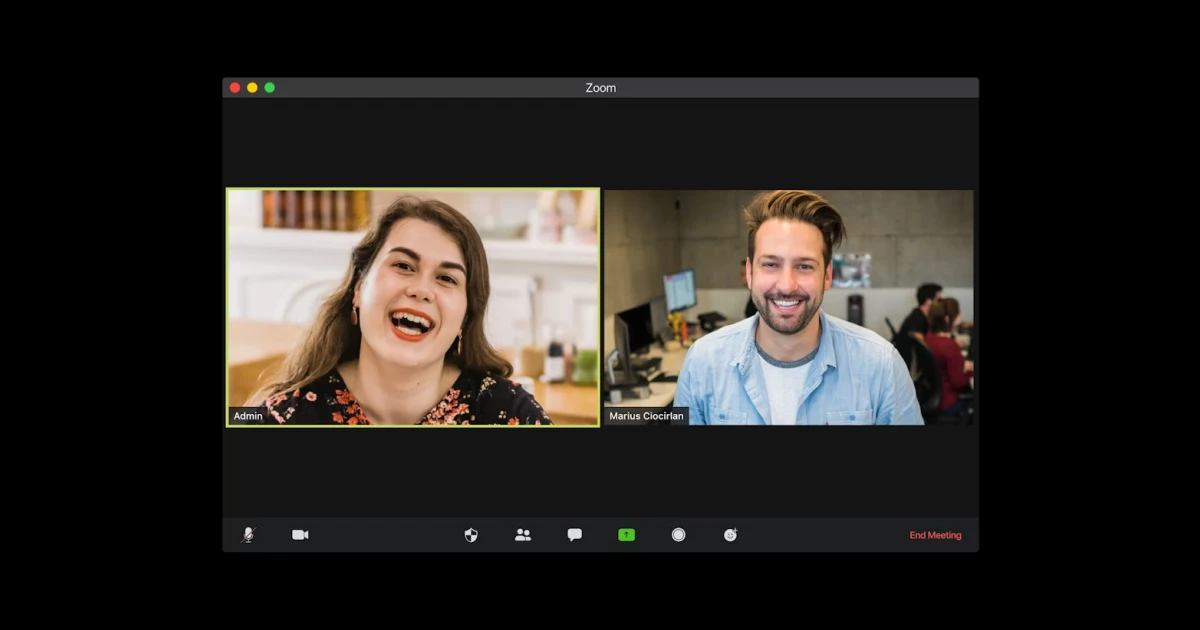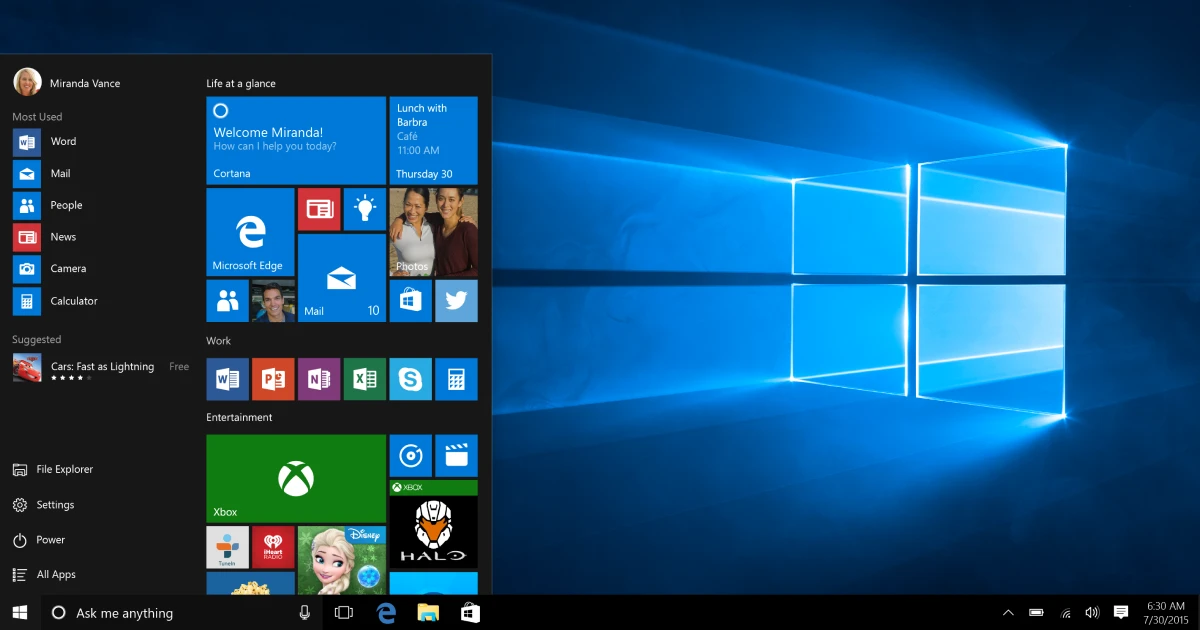Recent studies are indicating that these generations are prone to more burnout and anxiety. However, they are also more inclined to practice mindfulness and meditation, recognizing the long-term benefits that come with these practices. They are all more likely to talk about their mental health and seek help if needed, the taboo subject becoming normality for them. In fact, a survey conducted by Digital Health found that 64% of millennials say they practice dedicated activities to achieve mindfulness, such as yoga, meditation, journaling, or using apps.
As a Gen Z, myself, I constantly see that anxiety and stress are affecting more and more people every day. Stressful jobs, influencers that look flawless all the time, and social pressure are all causing a more insecure environment that makes us wonder if we’re on the right track every step of the way. But actually, social media is a double-edged sword, and it’s not all too bad - in fact, The American Psychological Association found that 55% of Gen Z feel supported through social media. If you know how to filter your content - you won’t fall into the dark side of it.
By cultivating awareness of our thoughts and actions, we can live in the present moment and avoid being preoccupied with worries about the future or feelings of anxiety that can lead to emotional distress such as sadness and anger. In today's fast-paced world, it is easy to disconnect from our minds and bodies. We all can integrate mindfulness and meditation into our daily lives, remain grounded in the present, and have an overall better well-being.
In certain situations, the cost of therapy can be overwhelming and leave us feeling sadder and more stressed. As a result, we seek a more cost-effective and time-efficient solution, which is where apps can come in and help. With their ease of access and convenience, we can use them without needing to set aside a full hour for a therapy session.
We all have our phones in our hands all the time, so, Gen Z and millennials used those apps and created a trend out of it.
Those two generations are heavily reliant on technology and social media, with apps and phones playing a significant role in their daily lives. Maintaining good mental health and well-being while constantly scrolling through social media can be challenging, particularly as face-to-face human interaction becomes less common. And improving your welling stars from within. We all know we can’t fix the exterior if our soles are aching inside.
So, this trend came and helped us discover how to develop and grow, using techniques from the commodity of our homes. Mindfulness and meditation don’t require special conditions and guided sessions can be found anywhere online.
Take apps for example - where we can create the perfect schedule for us. We can follow a 5-minute guided meditation session while walking the dog in the park. Or, maybe before a stressful situation, like going to the dentist, finding out a piece of big news, or getting ready to take an exam. The Insight Timer app provides over 60,000 free guided meditation sessions ranging from a few minutes to an hour in length, allowing users to choose the practice that works best for them. And what’s more amazing about it is that it’s completely free - making it a cost-effective solution to more traditional ways of self-care.
Mindfulness and meditation also can help us get a better night's sleep and, some apps offer bedtime stories. Calm is an app like that - which offers plenty of meditation and mindfulness exercises as well as stories to make your sleep better. No more waking in the morning feeling cranky! These practices provide better mental health and take care of our bodies and minds' needs.
Anxiety makes us feel helpless and trapped, so, no wonder Gen Z’s and millennials’ approach to well-being it’s becoming more like a trend. Everybody wants to be happy and less stressed, and those two generations saw that mindfulness and meditation can help achieve that goal. And they chose it because it can be a time and money-efficient solution.





.webp)










